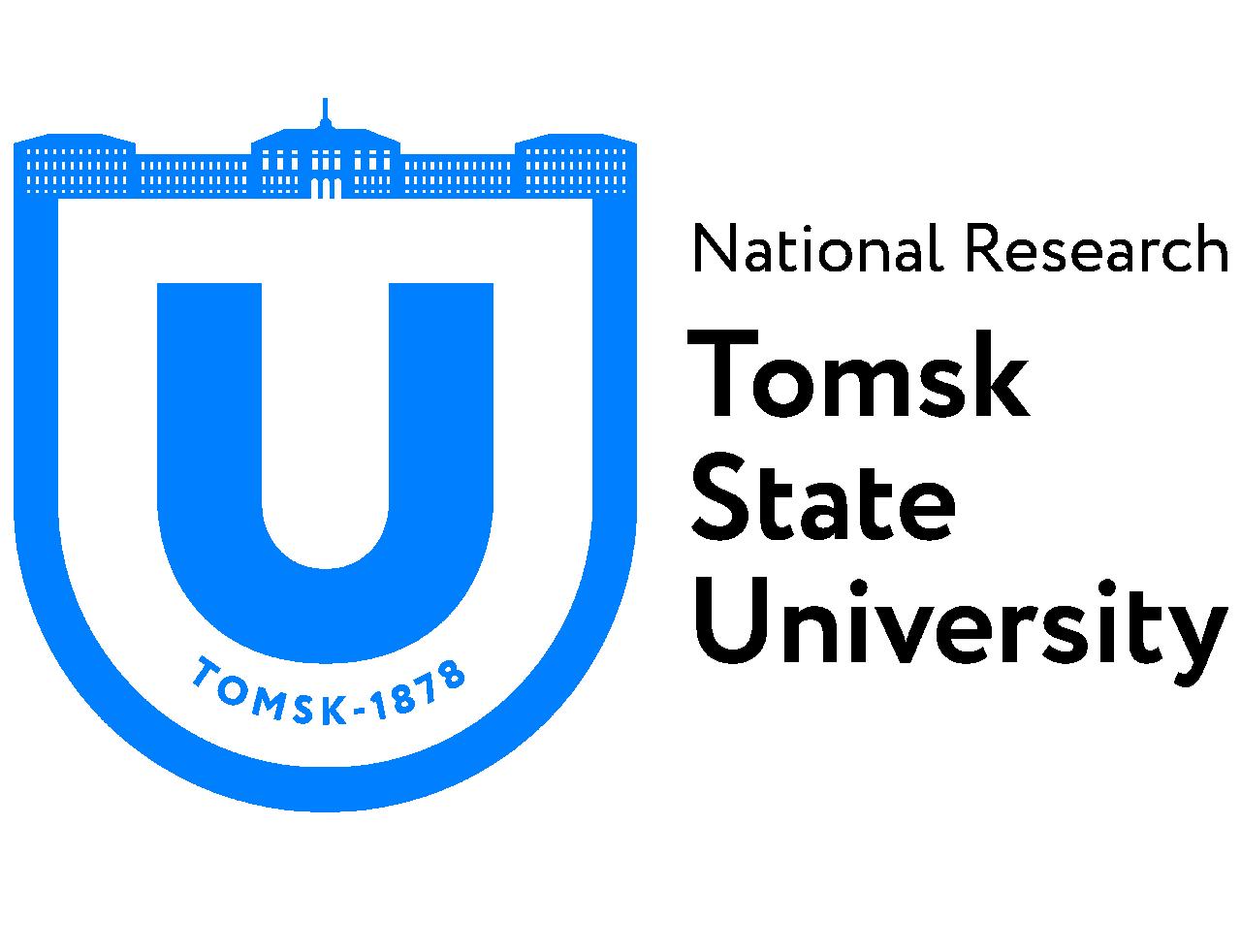Tomsk State University: 12 research centers will create technologies to strengthen Immunity
12 research centers of the Russian Federation have created a consortium to implement a large-scale project Programming Immunity for Therapy and Healthy Longevity, and Tomsk State University is among them. The participants will research immunity issues to program immunity to work correctly, prevent serious pathologies, improve the quality of life of patients who have recovered from a serious illness, and assure the healthy longevity of humanity.
These urgent issues brought about the creation of the new interdisciplinary consortium. It is known that the basis of every disease is a fault in the workings of the immune system. That is why the main objective of the consortium will be the relation between immune system disorders and heart problems and cancer, as well as various factors affecting the immune system during viral pathologies.
The scientific coordinator is Prof. Dr. Julia Kzhyshkowska, head of the TSU Laboratory of Translational Cellular and Molecular Biomedicine and head of Department of Innate Immunity and Tolerance, Institute of Transfusion Medicine and Immunology at the University of Heidelberg (Germany).
As Prof. Kzhyshkowska notes, the immune system may be programmed wrong due to stress and an imbalanced lifestyle. Pathological programming of the immune system determines the type of potential disease, the spectrum, and strength of symptoms, and the effectiveness of the response to therapy. The large-scale task of the consortium is to understand the mechanism of an incorrect innate immunity program and find ways to edit it.
The researchers will conduct transdisciplinary studies to gain new fundamental data and develop innovative ways to transfer the results into clinical practice. They will serve as a foundation for new applied technologies that can predict risk factors for severe pathologies, their effective treatment, and, perhaps, early prevention of oncological, cardiovascular, and neurodegenerative diseases. Other tasks include increasing immunity against viruses and increasing the survival rate of implants.
The participants signed a ten-year agreement and plan to extend it later in the form of joint projects.

